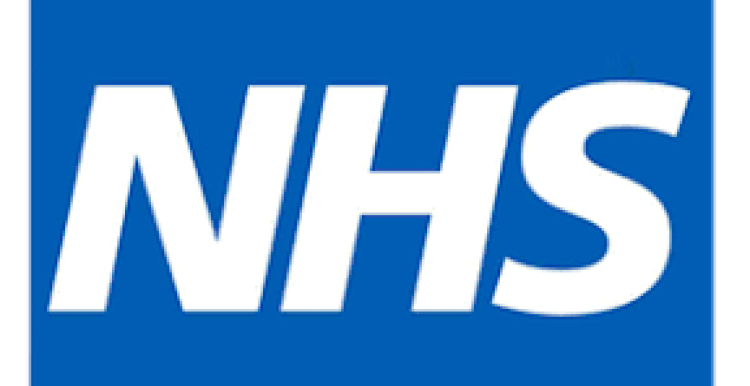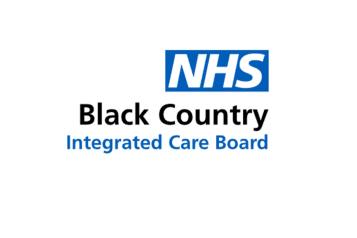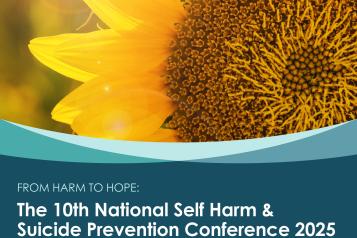People in the Black Country with sudden onset eye problems can access a dedicated eyecare service for urgent assessment and treatment.
The Community Urgent Eyecare Service (CUES) is a free NHS service for anyone who is experiencing emergency eye care problems and is registered with a GP in the Black Country.
The symptoms that can be treated by the service includes:
• red or painful eye or eyelids
• recently occurring flashes and floaters
• recent and sudden loss of vision
• a foreign body in the eye.
Adults and children can use the service, which is available via participating opticians across the Black Country, without the need for a GP referral.
This service is not an eye test and does not cover long standing or major eye conditions such as such as cataracts, diabetic retinopathy or glaucoma. Those who have one of these conditions should contact their optometrist or hospital eye service directly for advice in the usual way.
Sarb Basi, Director of Primary Care for the NHS Black Country Integrated Care Board, said: “It’s important that we look after our eyes by having regular check-ups with an optician. However, if you find yourself with a sudden urgent eye condition, the CUES can give advice and treatment without delay.
“In most cases, the CUES will be able to treat patients quickly and easily. And, if hospital treatment is needed, the service will arrange an emergency appointment with an eye specialist at a hospital – meaning that patients have access to the right care straightaway.
“In the Black Country, there is a hugely talented workforce in primary care opticians who have the equipment and skills required to assess, diagnose and where necessary, treat eye problems. The CUES is a great example of providing more efficient care closer to home by minimising delays and reducing the need for hospital visits, and I would encourage people to access this service if they need urgent eye treatment.”
People can book an assessment with the Community Urgent Eyecare Service online.
You may also be referred or redirected to the service by another health care provider such as a GP, local pharmacist, optician, NHS 111 or A&E.
The self-referral service is coordinated by Primary Eyecare, the largest single not-for-profit primary eyecare lead provider in England.
The symptoms that can be treated by the service includes:
• red or painful eye or eyelids
• recently occurring flashes and floaters
• recent and sudden loss of vision
• a foreign body in the eye.
Adults and children can use the service, which is available via participating opticians across the Black Country, without the need for a GP referral.
This service is not an eye test and does not cover long standing or major eye conditions such as such as cataracts, diabetic retinopathy or glaucoma. Those who have one of these conditions should contact their optometrist or hospital eye service directly for advice in the usual way.
Sarb Basi, Director of Primary Care for the NHS Black Country Integrated Care Board, said: “It’s important that we look after our eyes by having regular check-ups with an optician. However, if you find yourself with a sudden urgent eye condition, the CUES can give advice and treatment without delay.
“In most cases, the CUES will be able to treat patients quickly and easily. And, if hospital treatment is needed, the service will arrange an emergency appointment with an eye specialist at a hospital – meaning that patients have access to the right care straightaway.
“In the Black Country, there is a hugely talented workforce in primary care opticians who have the equipment and skills required to assess, diagnose and where necessary, treat eye problems. The CUES is a great example of providing more efficient care closer to home by minimising delays and reducing the need for hospital visits, and I would encourage people to access this service if they need urgent eye treatment.”
People can book an assessment with the Community Urgent Eyecare Service online.
You may also be referred or redirected to the service by another health care provider such as a GP, local pharmacist, optician, NHS 111 or A&E.
The self-referral service is coordinated by Primary Eyecare, the largest single not-for-profit primary eyecare lead provider in England.



